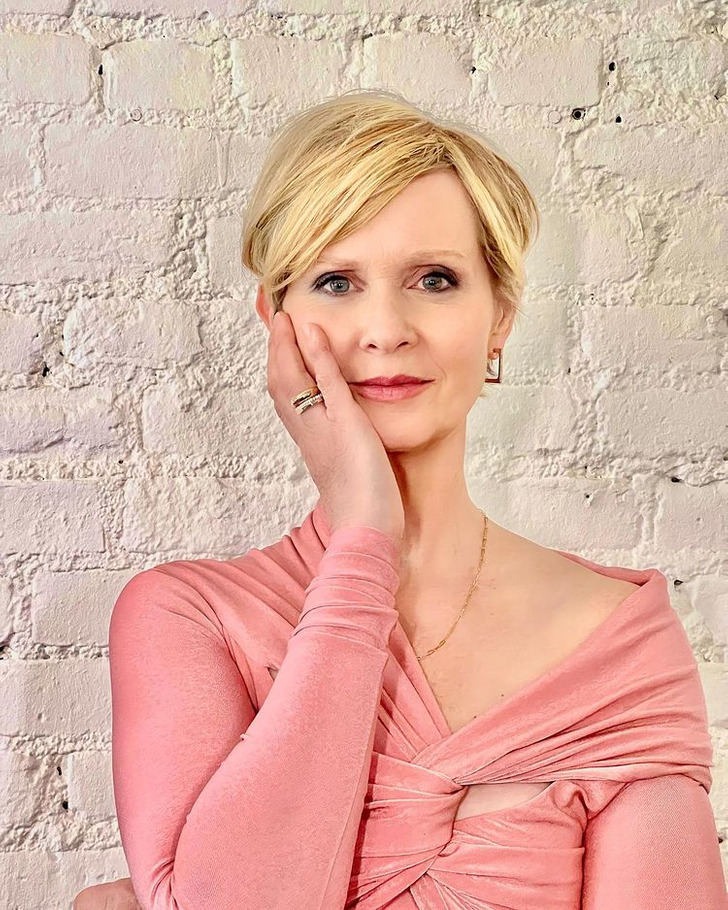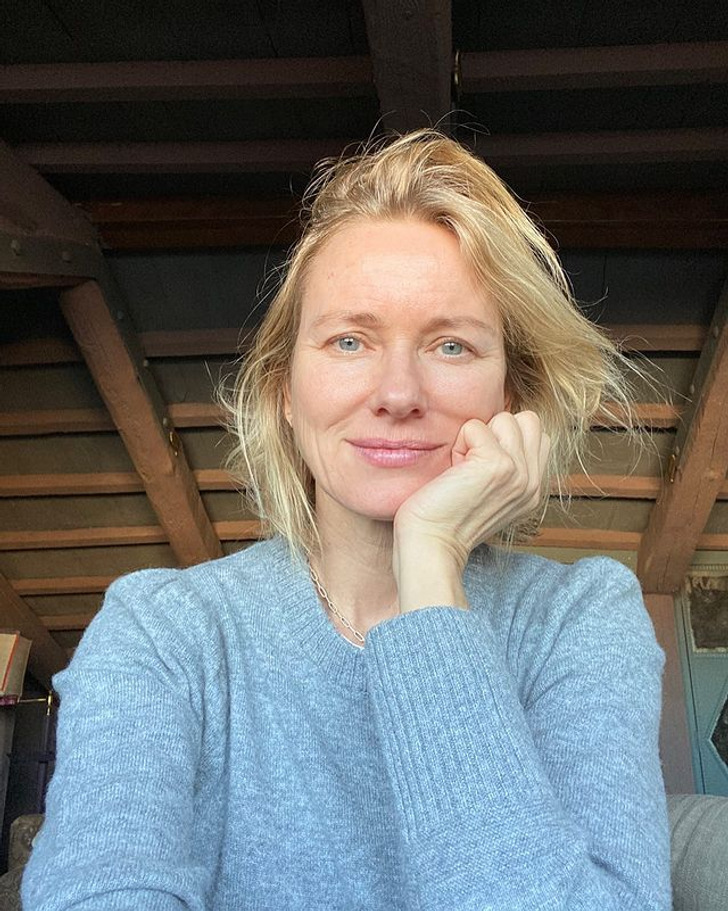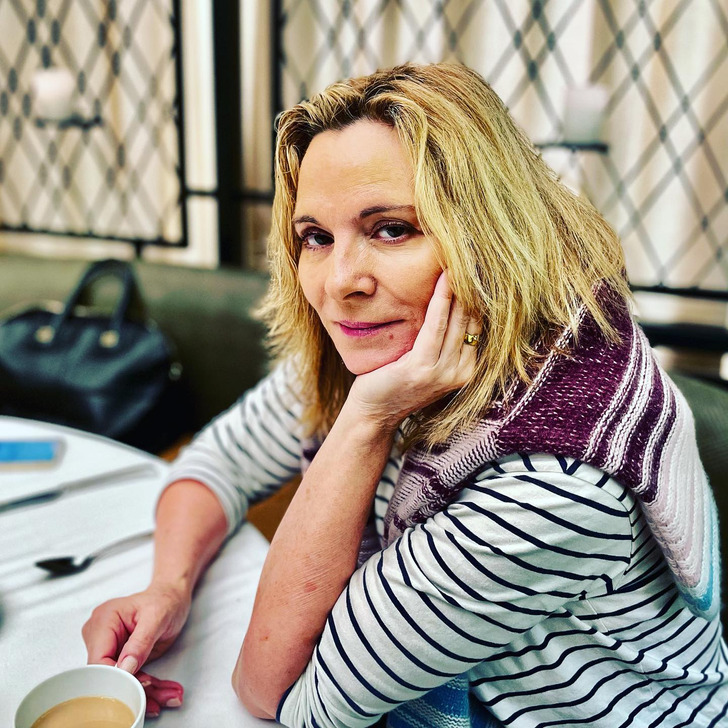10 Myths About Menopause That We Still Believe Today
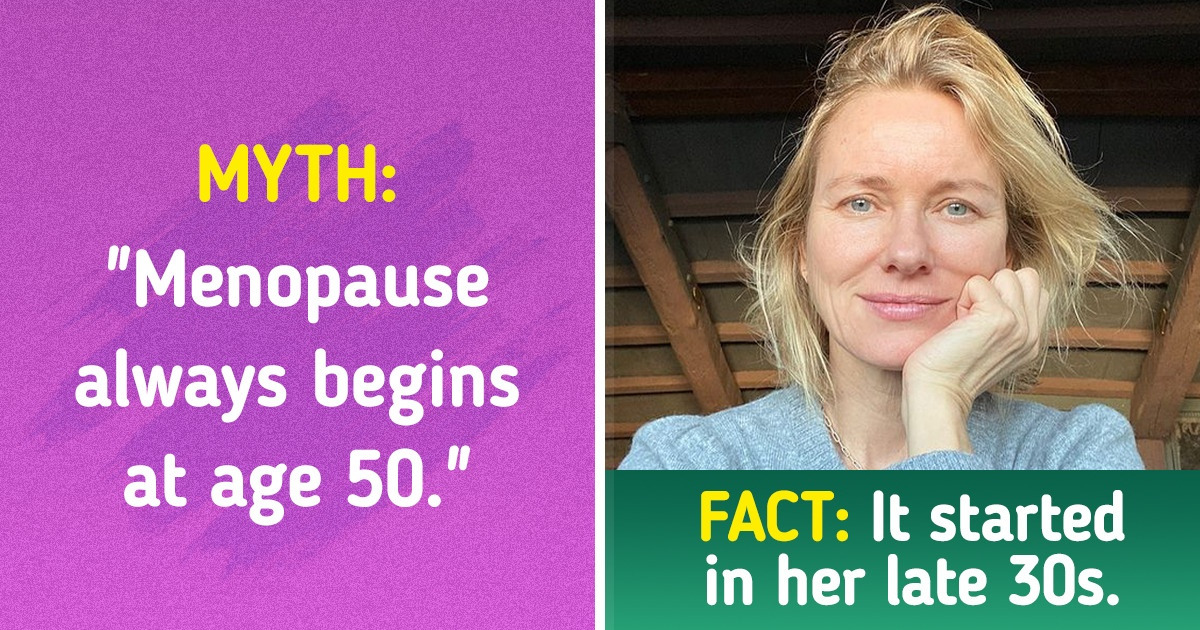
Menopause is a natural process that starts when a woman’s period stops and, like many other stages in life, this biological event can be full of questions and misinformation. However, experts in the field have tried to help us get to know what actually happens with our bodies by debunking the usual misconceptions regarding this topic.
In this article, we’ve compiled 10 of the most common myths about menopause, alongside some experiences and opinions shared by celebrities.
❗ Important: This article has been created for informative purposes only and does not replace professional guidance. If you have any questions regarding menopause, we recommend consulting your health care provider.
1.
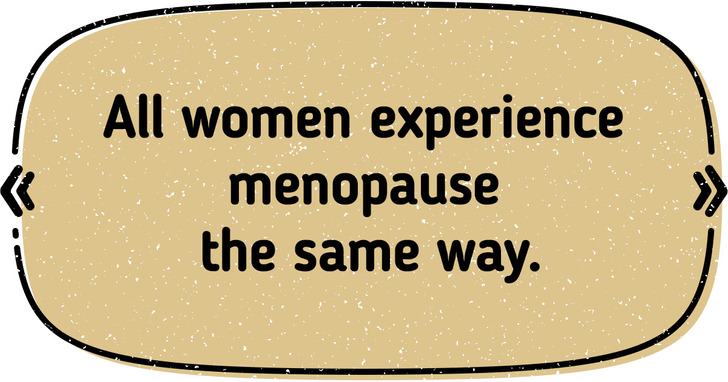
Only a few women undergo this condition in the same way and with similar symptoms, and the level of severity can vary from woman to woman. At the same time, how a woman experiences menopause may be influenced by several factors, including her personal beliefs, income level, general environment, and cultural norms.
For instance, And Just Like That... star Cynthia Nixon considers menopause a positive thing in her life. In an interview, the actress shared her experience with this normal transition and said, “The freedom that comes from no longer being fertile is huge.”
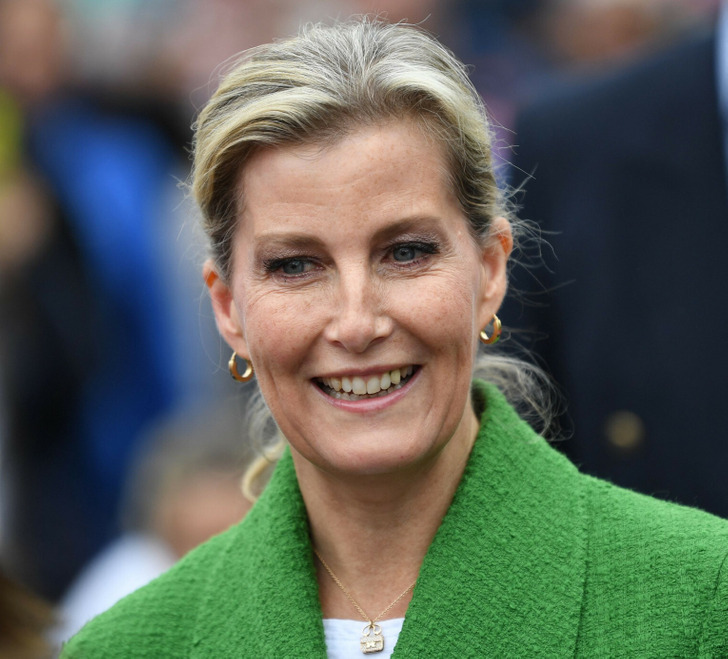
2.
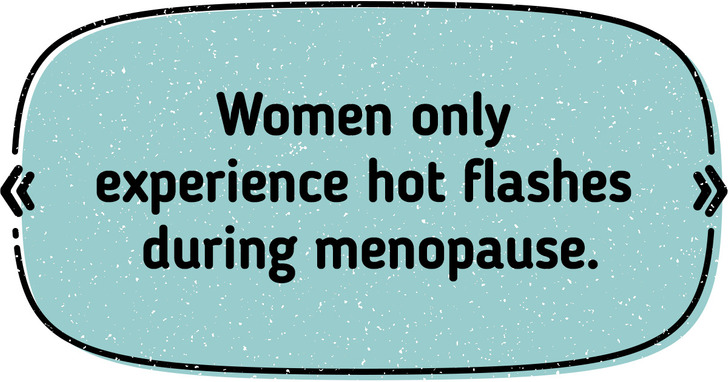
Besides hot flashes, women may experience other symptoms, including night sweats, headaches, tiredness, urinary frequency, difficulty sleeping, and itchiness under the skin.
3.
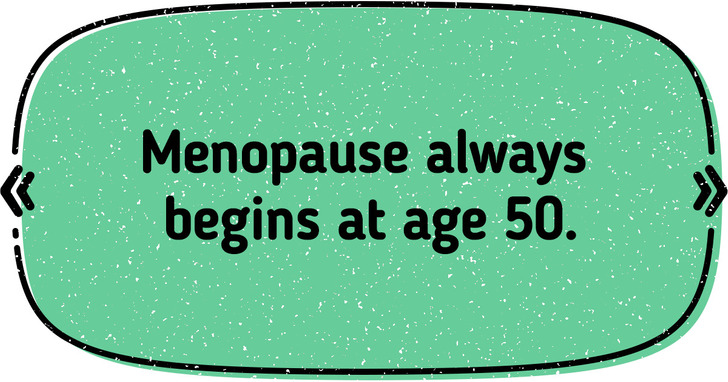
On average, menopause starts when women are around 52 years old. However, symptoms can appear earlier, as early as your late 30s, or later, as late as your early 60s. Although every woman will experience this normal condition differently, a good indicator to predict when menopause will start is when your mother experienced it for the first time.
British actress Naomi Watts admitted in an Instagram post that, for her, menopause started earlier than for many women. “When I was in my late 30s, I was finally ready to start thinking about creating a family. Then the M word swiftly blew my doors down,” she shared.
At the same time, she emphasizes the importance of creating a safe space for women to freely talk about menopause by stating, " When you spotlight uncomfortable conversations, they get easier. Progress is made. Why has this particular one taken so long? Let’s conquer the stigma and address the secrecy and shame we’ve felt and help create a healthier foundation for future generations."
4.
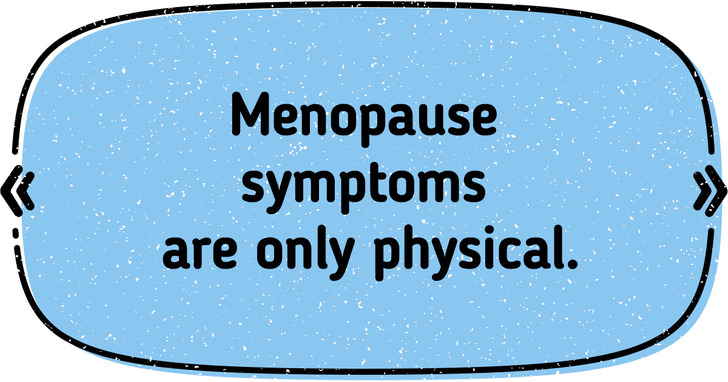
They can also be emotional and related to thinking. Sudden changes in hormones can result in shifts in mood, concentration, and memory. Since menopause can be a period full of stress, it’s considered the “flip side of puberty” as there may be similar ups and downs in terms of emotions.
5.
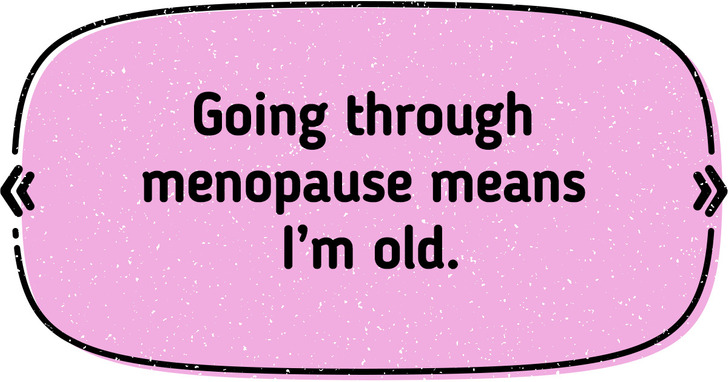
Menopause is an important transition in life, but it doesn’t mean that you’re old. As it was said before, menopause can begin in your 30s. Therefore, it is not an indicator of how old you are.
Famous actress Kim Cattrall opened up about her feelings regarding menopause and considers it a normal phase, just like any other. “It’s part of life. Physically, it’s part of how we’re made, hormonally, it’s how we’re constructed, chemically, it’s how we work. Like anything in nature: The seed is planted, it grows, it comes to fruition, and after a period of time, it starts to change and age, and it’s scary. You wonder, Will I be attractive, desirable, feminine? What is the next chapter of life? I think it’s one of the reasons why it’s so taboo is because we don’t talk about it — it’s too frightening even to talk to a doctor about it. I want to reach out to women to encourage them to educate themselves about this time in their lives,” she said.
6.
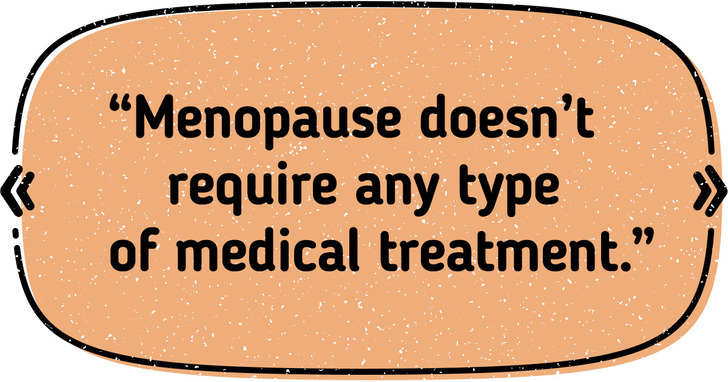
Some women who experience menopause naturally may not need any medical treatment to handle their symptoms. However, this doesn’t apply to everyone, as others may require professional assistance, especially when they’ve undergone menopause prematurely.
What’s more, if you’re dealing with uncomfortable symptoms, experts recommend talking to a doctor about possible treatment alternatives and strategies to decrease their impact on your routine.
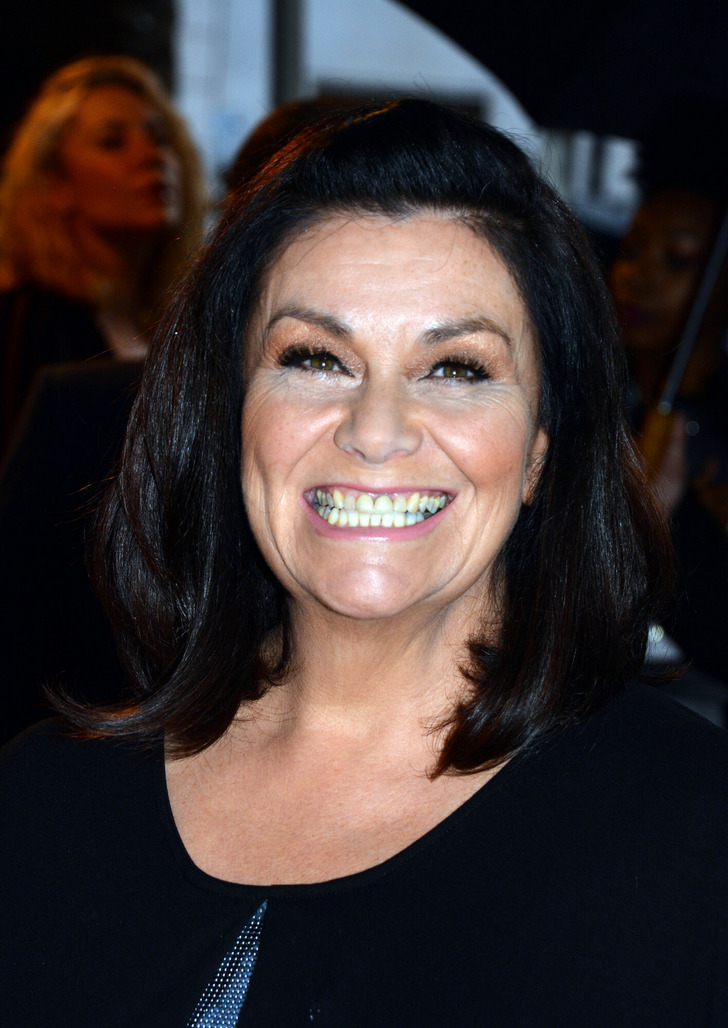
Besides talking about her own experience with menopause, British comedian and actress Dawn French has invited women to seek medical help if necessary by stating, “The main thing is you can’t pretend it’s not happening. Accept it and if you need help, go and get it. Lots of my friends are on HRT patches or pills, and there’s so much out there to assist you. I promise that afterward, there’s life, and it’s all fine.”
7.
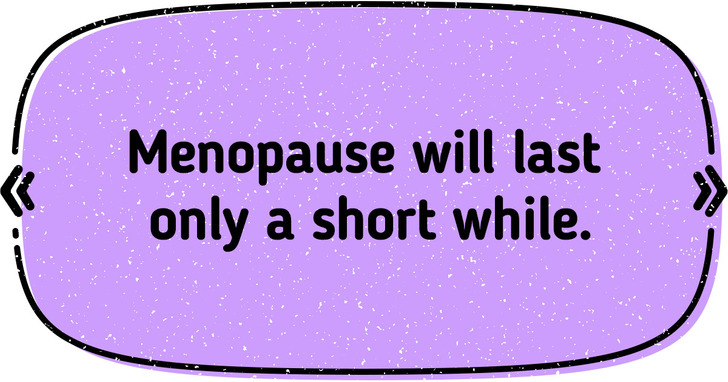
For most people, this phase can last years. For instance, perimenopause, which is the transition period to menopause, begins when the ovaries decrease the production of progesterone and estrogen and the way this occurs can vary from woman to woman.
Moreover, perimenopause usually goes on for around 7 years, but for some women, it can last twice as long as that.
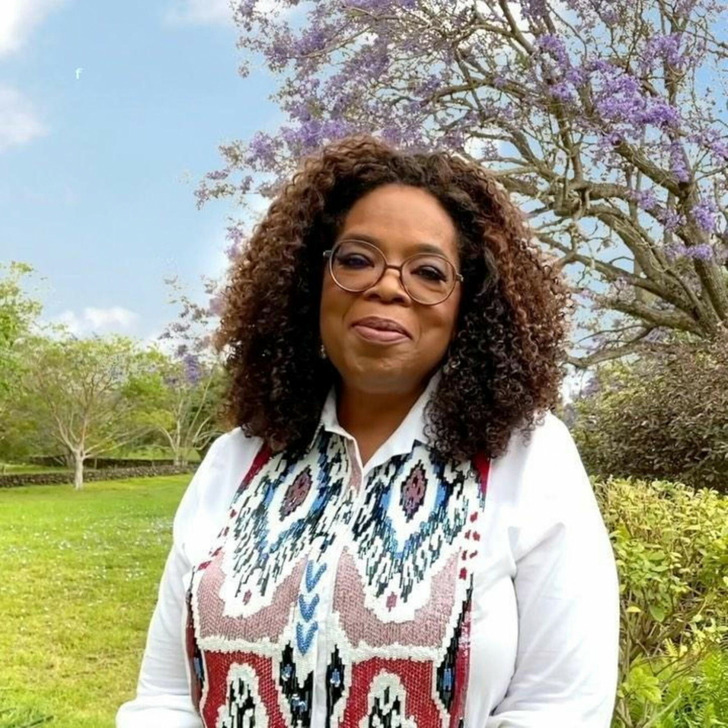
Famous TV host and philanthropist Oprah Winfrey revealed on her website how she discovered that she was reaching menopause after dealing with 2 years of lack of sleep.
"For 2 years, I didn’t sleep well. Never a full night. No peace. Restlessness and heart palpitations were my steady companions at nightfall. This was back when I was 48 to 50. I went to see a cardiologist. Took medication. Wore a heart monitor for weeks. And then, one day, walking through the offices of The Oprah Winfrey Show, I picked up a copy of The Wisdom of Menopause, Dr. Christiane Northrup’s book, and the pages fell open to the heading “Palpitations: Your Heart’s Wake-Up Call.” All of which she took as a sign of what was really happening.
8.
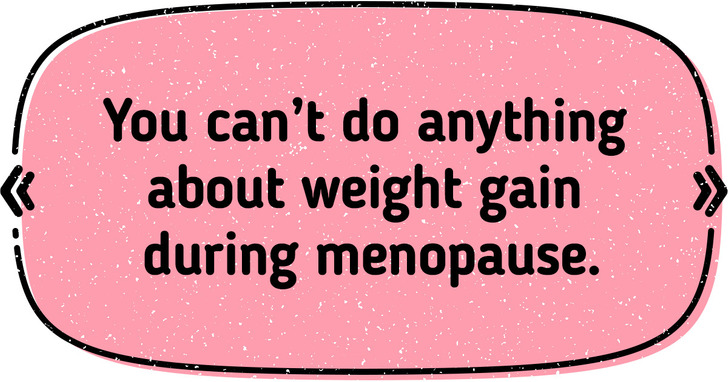
Due to hormone shifts that decrease metabolism, many people gain a few extra pounds while they undergo menopause. However, decreasing from 200 to 300 calories per day can help you keep the weight you had before starting this transition.
At the same time, experts recommend regular exercise, a balanced diet, and getting the proper amount of rest.
9.
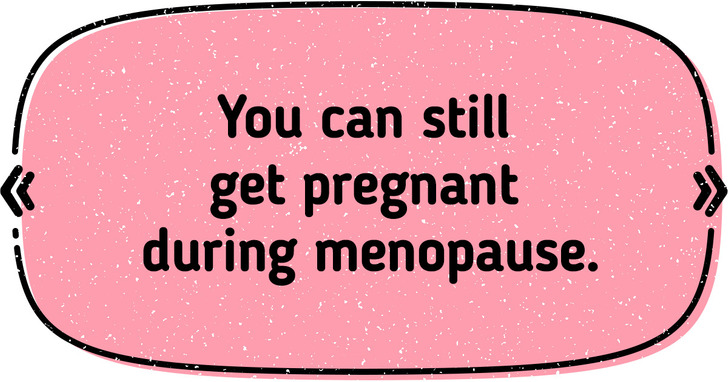
Women are not considered to be in menopause until they haven’t had their period for 12 months in a row. If a woman has gone a whole year without her period, she can no longer get pregnant.
Actress and producer Salma Hayek has spoken out about certain misconceptions regarding women, pregnancy, and menopause by emphasizing that, “There’s no expiration dates for women. That has to go. We have the right to be loved for who we are at the place that we are. We’re not just here to make babies, we’re not just here to baby the man. We’re not just here to service everything and everyone around us and then when the kids go away... it’s almost like an expiration date for you as a woman. It’s a misunderstanding that has been going around for centuries.”
10.
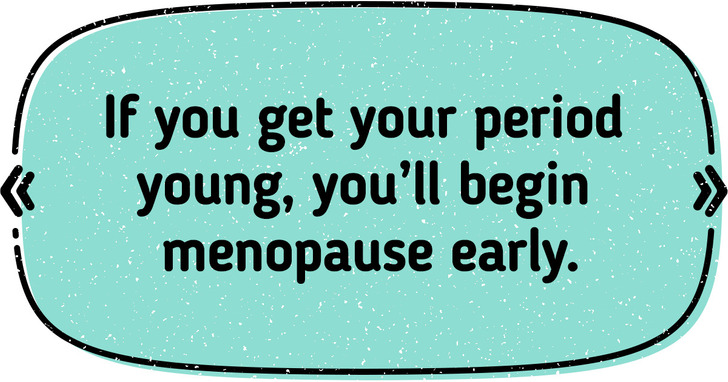
Although this could make a lot of sense, this myth is simply false. There’s no specific number of periods a woman goes through before starting menopause. Even if a woman got her period when she was 11 years old, she may still start menopause when she’s around 52 years old, just like any other average woman.
Are there any other myths regarding menopause that you’d like to see debunked? Tell us in the comments!
